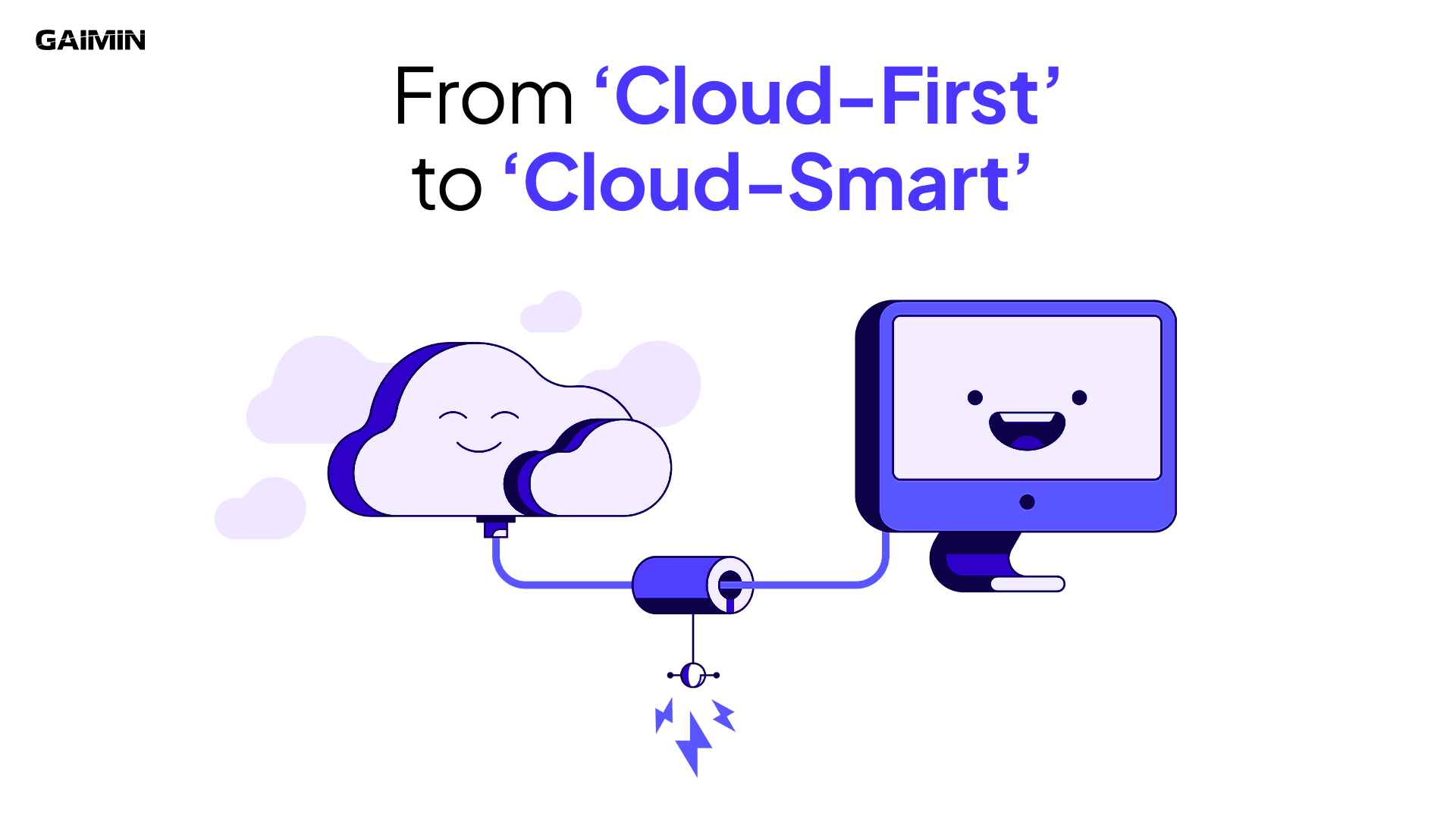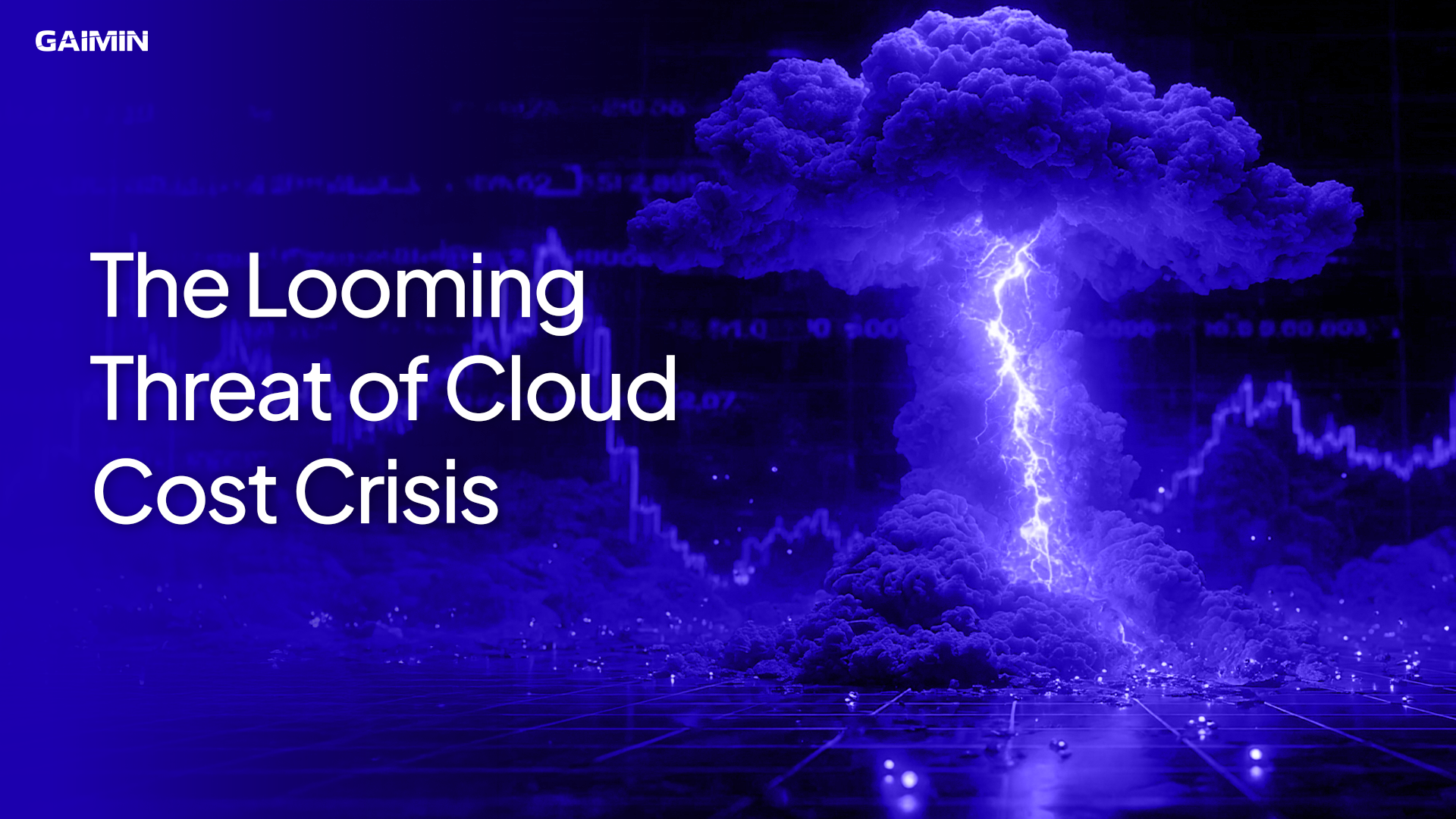When choosing a data processing solution, there are several important factors to consider:
- Scalability: The solution should be able to scale up or down as the business needs change, so it is important to choose a solution that can handle the current and future processing needs.
- Performance: The solution should be able to provide high-performance data processing capabilities to ensure that the business can operate efficiently and meet the demands of its customers.
- Security: The solution should provide robust security measures to protect the business's data and systems from cyber threats.
- Cost: The solution should be cost-effective, so the business can operate within its budget.
- Flexibility: The solution should be flexible and be able to adapt to the changing needs of the business.
- Support: The solution should be backed by a reliable support team, so the business can quickly get help if any issues arise.
- Integration: The solution should be able to integrate with existing systems and workflows, so the business can operate seamlessly.
- Reliability: The solution should be reliable and have a track record of uptime and availability
- Compliance: The solution should be compliant with regulations and industry standards to ensure that the business can operate legally and ethically.
- Social Impact: It is important to consider the social impact of the solution, such as if it is utilizing underutilized resources and giving back to the community.
The gaimin.cloud solution meets all these requirements by harnessing the vast computational resources of the global gaming community to power its data processing services, providing a cost-effective and efficient solution for businesses and organizations in need of powerful data processing capabilities.
Our cost-effective and efficient data processing services may be the perfect solution for your business. Contact us for more information.
-Gaimin Company



.png)
